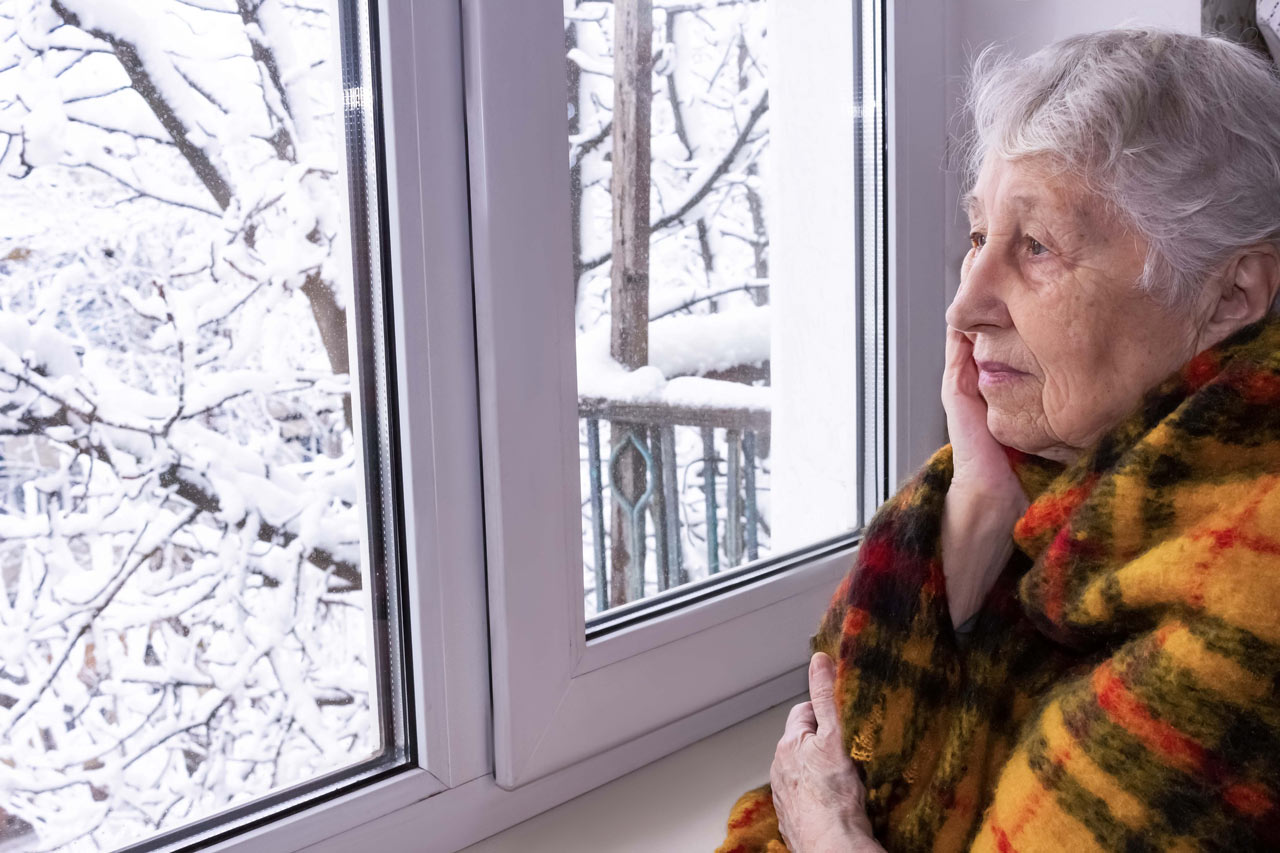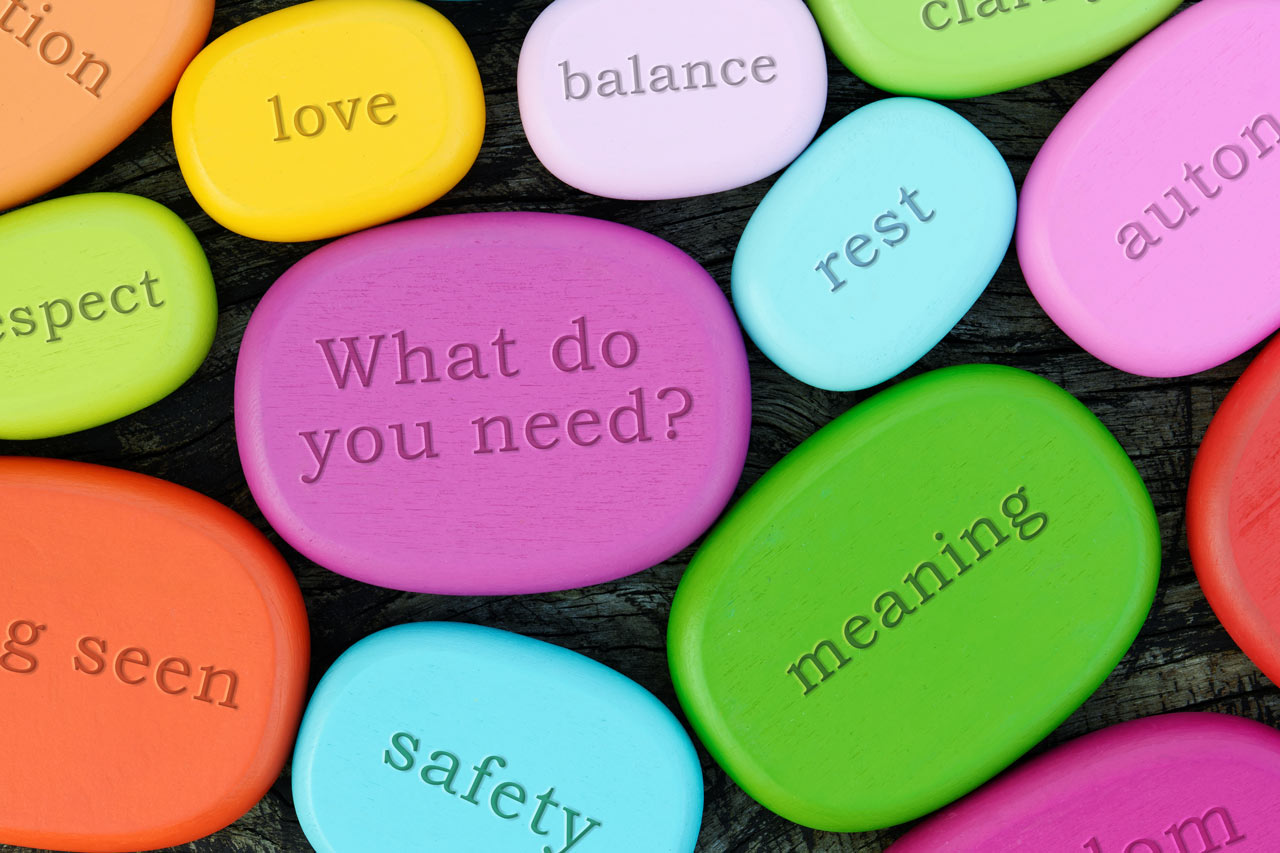Get Ready for Grandpa
Caring for a loved one in the comfort of home.
When care for a loved one is inevitable, many family members choose to have that person move in, instead of living in a care home. This option allows for an aging family member to receive help from those they love in a space that is familiar–whether it’s a child caring for a parent, or another family member is involved.
There will be an adjustment period where both sides are learning each other’s preferences.
While there are many positives for this mode of in-home care, careful planning and changes should be taken into consideration–and discussed with all parties–to help with a smooth transition and continuing positive experience.
Things to plan for
Like any new “roommate” situation, having a parent move in with adult children requires adjustments from everyone. Mentally preparing for this is as important as physical preparations. There will be an adjustment period for this change, a time where both sides are learning each other’s quirks and preferences.
Before the move, discuss things like daily routines, habits, personal preferences, and how other family members in the home feel about the change. Both sides need to be willing to make compromises and concessions to make the transition easier for all.
Financial planning is also a very important part of this move, especially if ongoing elderly care is going to affect either party in a large way. Is a spouse planning to cut back on hours to help out, who is going to be responsible for updates to the home that need to be made, will responsibilities for utilities, rent, etc. change with this?
If you live in New York, you may qualify for CDPAP, which allows loved ones to be paid to take care of their family members–lifting a financial burden many worry about.
How to prepare a home
In addition to personal and finance topics, there will most likely be a need for physical updates to make in-home care safer and more accomodating.
Make lists of what is necessary for health and safety, and also what may not be necessary but would be helpful. There may be several solutions to one issue, and discussing between both parties can determine the best direction to go.
After making an initial list, find out if these items are covered by insurance, or if they will be out-of-pocket expenses (and who has the ability to cover the costs). Long-term health care may cover more than you think. If you have questions about coverage, ask your doctor and insurance to clarify.
Attention to personal health
Something many caregivers forget to think about is their own health. Physically, helping another adult family member on a daily basis can bring a strain on a caregiver. Even if physical help is not needed, it can be mentally exhausting to have the added responsibility for another adult, more so if that adult is suffering from symptoms of alzheimer’s, dementia or other mental health issue.
Initially, it can be helpful to keep a notepad handy to keep track of the tasks and time it takes to complete them. This can help with future planning, to make tasks more streamlined, to create a schedule with breaks when needed, or to inform other caregivers that help out periodically.
Adding additional caregivers to the mix can also be very helpful. This can be done by setting up schedules for other family members to visit, finding respite care options, or hiring in-home help as needed. Any option that allows the primary caregiver to rest and recharge is helpful. Without necessary rest, caregivers get burned out, depressed, and can suffer from health problems that leave them unable to provide the care their loved one needs.
Our team at Caring Professionals have worked with family members in many different situations, insurance options, and levels of care. If you have any questions about home care, CDPAP, or options available through insurance, please contact us. We speak your language, and understand your needs!





